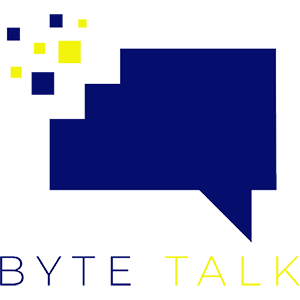In today’s digital age, our lives are increasingly intertwined with the online world. From social media and email to banking and shopping, the importance of strong and secure passwords cannot be overstated. Weak passwords are an open invitation to cybercriminals looking to gain unauthorized access to your personal and financial information. To help you safeguard your online accounts, we’ve compiled the top 5 password tips you should follow:
- Use Complex, Unique Passwords: The first rule of thumb for creating secure passwords is to make them complex and unique. Avoid common words, phrases, or patterns that can be easily guessed. A strong password typically includes a mix of uppercase and lowercase letters, numbers, and special characters. Avoid using easily guessable information like birthdays, names, or common words. Instead, consider using a combination of random words or phrases that are meaningful to you but not easily discoverable by others.
- Longer Is Better: Length matters when it comes to passwords. The longer your password, the harder it is for cybercriminals to crack. Aim for passwords that are at least 12 characters long. Longer passwords are exponentially more difficult to guess through brute force attacks, making them a more robust defense for your accounts.
- Avoid Using Common Passwords: Hackers often use databases of commonly used passwords to attempt to gain access to accounts. So, avoid using passwords like “password123,” “qwerty,” or “admin.” Additionally, don’t use easily discoverable information like “123456” or “abcdef.” Using common passwords is like leaving your front door wide open to potential attackers.
- Enable Two-Factor Authentication (2FA): Two-factor authentication adds an extra layer of security to your accounts. It typically involves something you know (your password) and something you have (a temporary code from an authentication app or sent to your phone). Enabling 2FA makes it much more difficult for attackers to gain access to your accounts, even if they somehow obtain your password.
- Use a Password Manager: With the increasing number of online accounts and the need for complex, unique passwords for each one, it can be challenging to remember them all. This is where a password manager can be a lifesaver. Password managers generate and store strong, unique passwords for each of your accounts. You only need to remember one master password to access all your other passwords securely.
Bonus Tip: Regularly Update Your Passwords
As an additional tip, make it a habit to change your passwords regularly, especially for sensitive accounts like online banking and email. It’s also wise to update your passwords if you suspect any security breaches or if you’ve been using the same password for an extended period. Changing your passwords periodically adds an extra layer of security, ensuring that even if your password is compromised, it won’t be useful for long.
By following these top 5 password tips and the bonus tip of regular updates, you can significantly enhance the security of your online accounts. Protecting your digital life is essential in today’s connected world, and strong, unique passwords are your first line of defense against cyber threats. Remember, the time and effort you invest in creating secure passwords are well worth it to keep your personal information safe.




